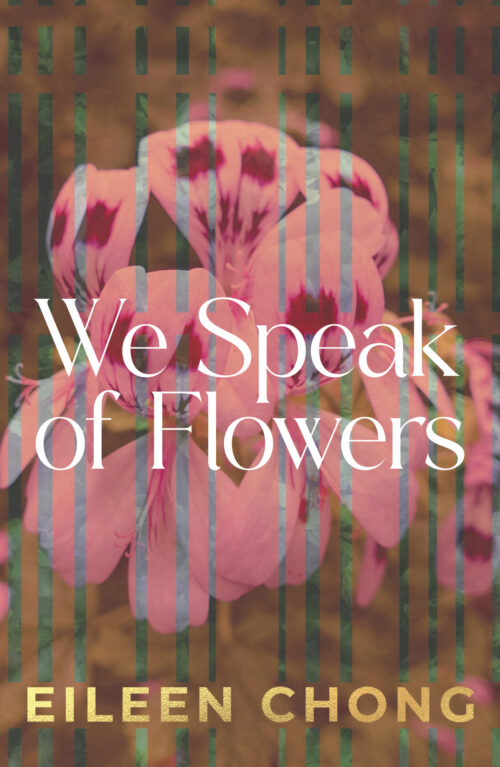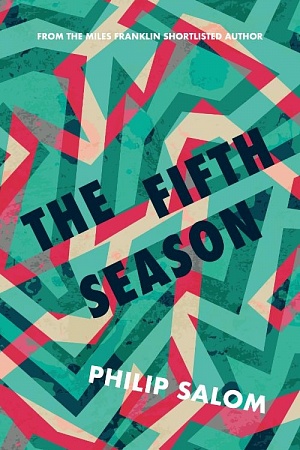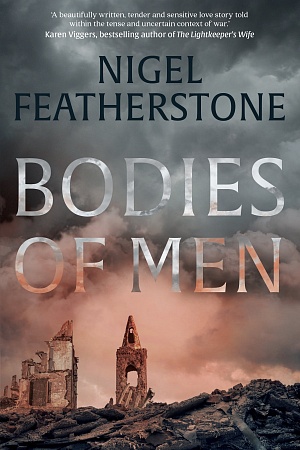Lucky Ticket
Text Publishing, $29.99 pb, 256 pp, 9781922268020
Lucky Ticket by Joey Bui
Lucky Ticket is a brave and haunting début collection of short stories by Vietnamese-Australian writer Joey Bui. In erudite stories of the displaced and dislocated, Bui’s characters are glistering survivors. Many of their voices ring out against the bleak political backdrop of Saigon, making the reader aware of the tyrannical government control and the lack of basic civil and political rights. Bui’s memorable characters are a testament to the deft way she crafts dialogue and to the interviews she undertook with a range of Vietnamese people from refugee backgrounds to better understand the intricacies of their existence.
In the stirring titular story, the disabled protagonist is a war veteran who sells lottery tickets. This serves as a brilliant metaphor for the entire collection, where ‘fortunes rise and fall’. The narrator has lost his legs to a ‘Chinese bomb’: ‘One hundred Vietnamese soldiers run through a field and umph, umph, umph, umph! ... Two hundred legs fly off! You are ruined, you cannot fight them anymore, but you have to keep living.’ Far from being a war hero, he is ‘a burden to Vietnam, one more cripple to look after’. There are similar tropes in ‘Hey Brother’, where the narrator recounts his experience on a refugee boat, pushing overboard a soldier with a gangrenous leg. These gritty, abject moments enhance the determination of the characters. Incredible resolve is also evident in ‘Mekong Love’, a mesmerising parable where characters Comma and Slip must survive a series of threats to the consummation of their marriage, and in ‘The Honourable Man’, dedicated to Nam Le, where a father considers his obligation to his unwanted son.
Lucky Ticket explores resilience in times of political unrest and the unfailing tenacity at the heart of dispossession. Bui’s narratives are profound and unforgettable.










Leave a comment
If you are an ABR subscriber, you will need to sign in to post a comment.
If you have forgotten your sign in details, or if you receive an error message when trying to submit your comment, please email your comment (and the name of the article to which it relates) to ABR Comments. We will review your comment and, subject to approval, we will post it under your name.
Please note that all comments must be approved by ABR and comply with our Terms & Conditions.